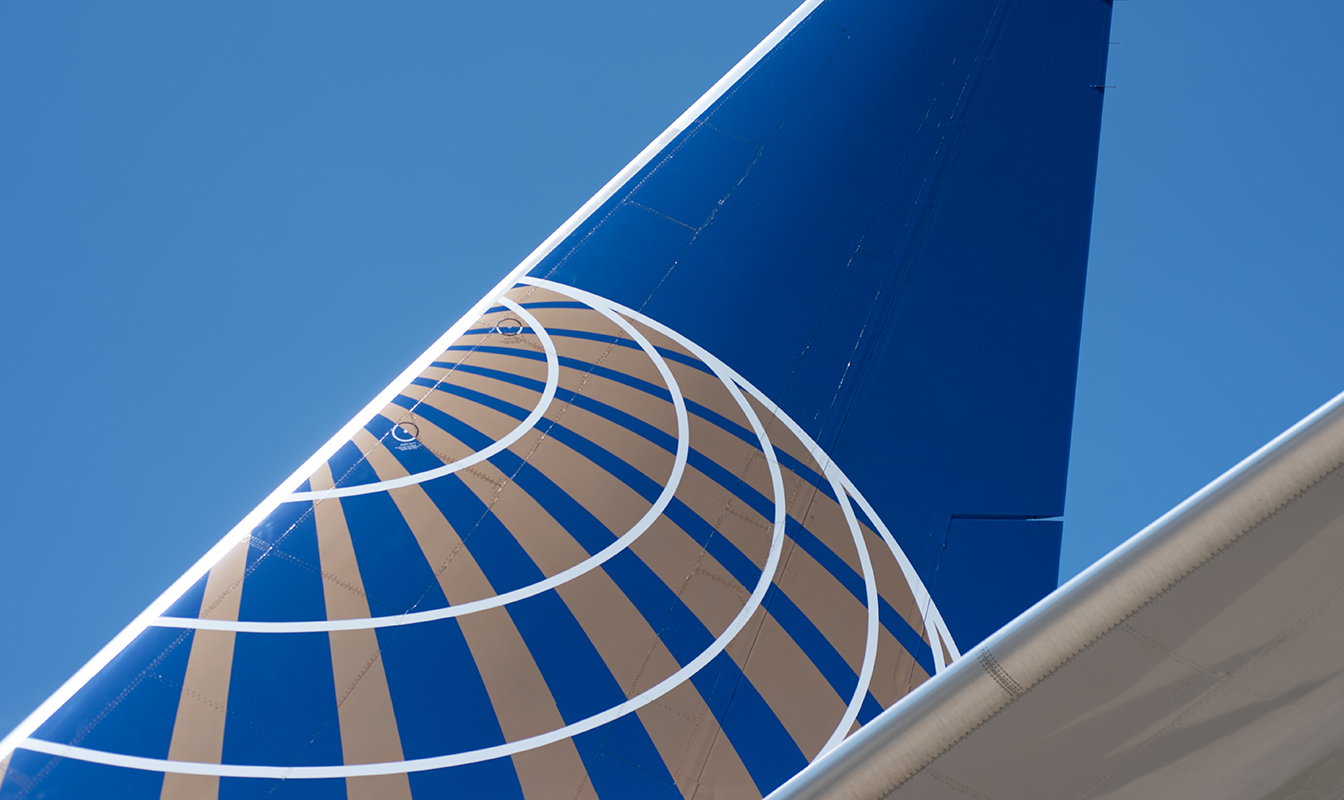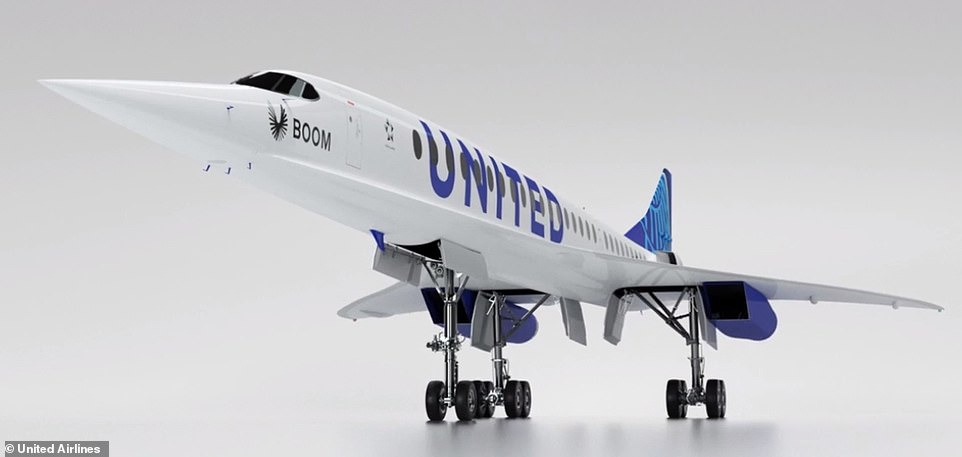United Airlines recently announced a commercial agreement with Denver-based startup Boom Supersonic to add aircrafts to its global fleet, launching a joint initiative to be the first commercial aircraft that is net-zero carbon neutral from day one and deliver international flight options rivaling the Concorde supersonic flights that were discontinued nearly 20 years ago.
The announcement is unique not only because of the aircraft’s headlined features, but because it represents a new key differentiator in an industry that has been in desperate need of distinction. In recent times, airlines have had to lean on elite perks (i.e., airline miles or seating upgrades) or pricing as a differentiator, leaving much of the consumer decision-making process to be based simply on preference. This leap in innovation will undoubtedly lead to peer airlines needing to re-evaluate their approach to how they set themselves apart in the long term. This will take place in part through investments in the use of technology, but also through ways in which these airlines bring their audiences along with them through their transformative processes, constantly seeking feedback along the way.
Slated to carry passengers in 2029, it will take some time before we see the full impact of this partnership in the airline industry. The broader implications of this differentiation likely won’t take off until the flights do.
Update 7/14/2021
United Airlines and regional partner Mesa Air Group announced an investment in Heart Aerospace yesterday, a company developing smaller, electric aircrafts. The airline has agreed to order 100 planes, all of which will begin service by 2026. The move is the latest of several similar announcements from United, which has made multiple high-profile investments in aviation startups through its new venture capital fund dedicated to giving their customers a wider range of flying options and “revolutionizing” the future of air travel.
“With this new agreement, United is deepening its bold commitment to reduce its greenhouse gas emissions 100% by 2050 without relying on traditional carbon offsets…We recognize that customers want even more ownership of their own carbon emissions footprint. We’re proud to partner with Mesa Air Group to bring electric aircraft to our customers earlier than any other US airliner.” – Michael Leskinen, United Airlines VP Corporate Development & Investor Relations
In addition to this technology being a unique differentiator, United has clearly signaled that their decision to pursue electric options stemmed from recognizing and understanding the interests of their customer base, who want more say in their own carbon emissions usage. United is listening intently to its audiences and seizing opportunities proactively rather than reacting to external pressures. This mindset will surely result in more bold pursuits in the future – a future that United expects to lead.


